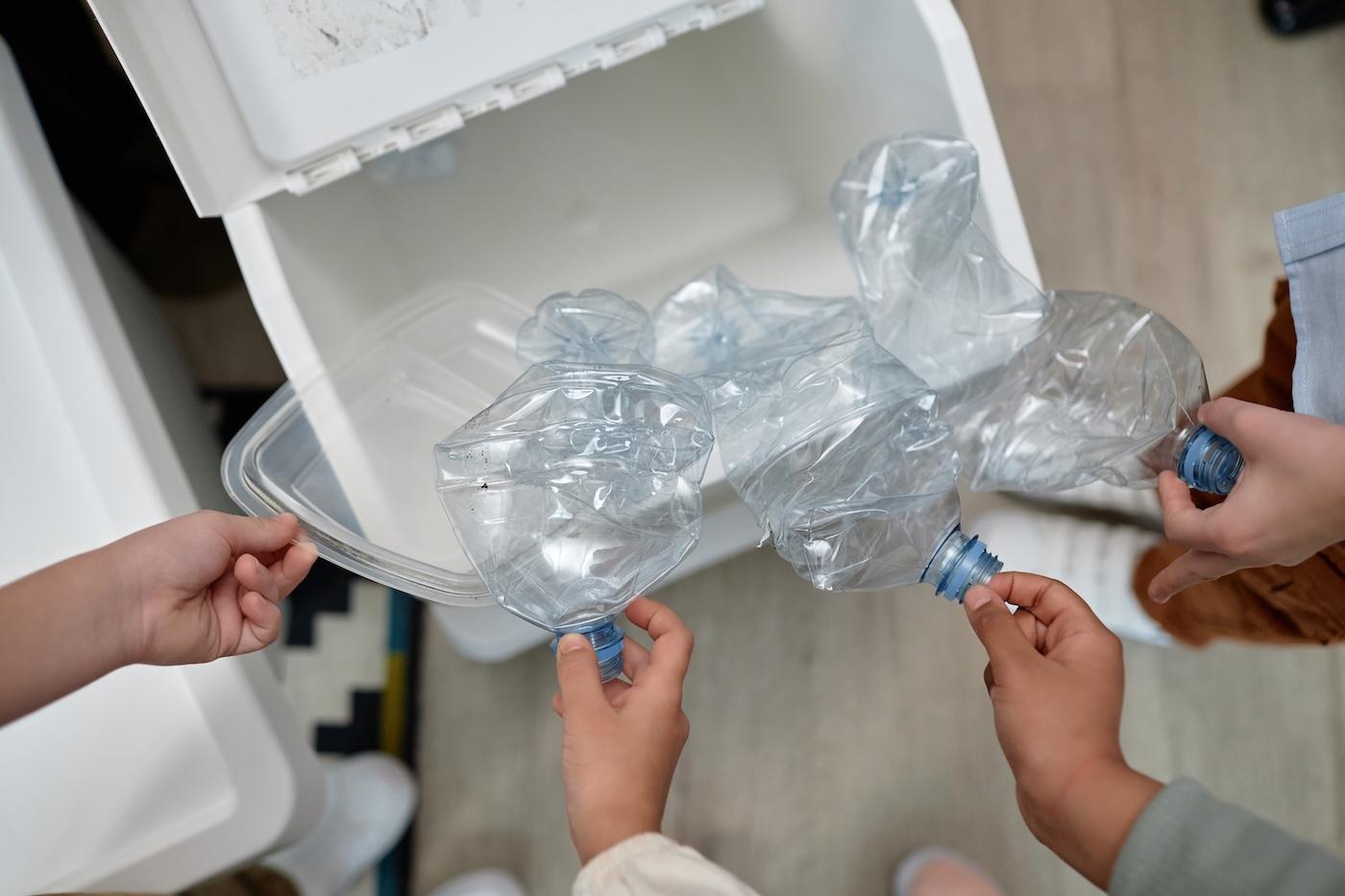PARENTS
The Real Cost of Sleep Deprivation at Work (and How Employers Can Help)
If you’re an HR leader or part of a company that values employee wellbeing, it’s time to wake up to the cost of exhaustion.

Written by
Happiest Baby Staff

Sleep isn’t just a personal health issue—it’s a serious workplace issue, too. When employees are sleep-deprived, productivity dips, mistakes rise, and morale plummets. And no one knows the toll of sleep loss quite like new parents.
If you’re an HR leader or part of a company that values employee wellbeing, it’s time to wake up to the cost of sleep deprivation—and what you can do to ease the burden, especially for new moms and dads.
A Sleepless Subset of the Workforce
More than a third of adults are snoozing less than the recommended minimum 7 hours a night, but of all the workers that may feel like they’re sleepwalking through the week, parents are among the most sleep-deprived.
First-time moms average 4.4 hours of sleep per night during the first week postpartum, down from 7.8 hours pre-pregnancy, with their longest stretch of uninterrupted sleep roping from 5.6 to 2.2 hours in the week after delivering. But even by 13 weeks postpartum (when many moms return to work), their uninterrupted sleep averages only 4.1 hours. New dads also report disrupted sleep and fatigue that has been shown to negatively impact their relationships and mental health.
That kind of sleep fragmentation takes a serious toll on cognition, mood, and overall performance. It’s no surprise that sleep-deprived moms face higher risks of postpartum depression or that one in four working moms consider downshifting or leaving their jobs citing sleep and caregiving struggles as major drivers.
Sleepless Nights, Struggling Workdays
In the workplace, that fatigue adds up. In fact, the RAND Corporation estimates that insufficient sleep costs the U.S. economy a staggering $411 billion each year in lost productivity.
And it’s not just about feeling groggy. Sleep-deprived employees:
- Are more likely to make mistakes
- Struggle with focus, decision-making, and creative problem-solving
- Are more prone to absenteeism and burnout
- Take longer to complete tasks
- Are at higher risk of accidents and injury—especially in high-stakes fields like healthcare, law enforcement, and manufacturing. In fact, sleep loss has been shown to affect people in the same way alcohol intoxication does!
What This Means for Employers
Sleep-deprivation doesn’t just chip away at employee wellbeing, it can also cost companies big:
- A single company with 1,000 employees loses approximately $1.4 million per year due to employee fatigue.
- Poor sleep is tied to higher healthcare costs.
- Lack of sleep can increase turnover. Replacing a mid-level employee costs up to 125% of their salary.
- On the flip side? Well-rested workers are more productive, creative, engaged, and loyal. That’s why some companies are now investing in sleep—and reaping the rewards.
How Employers Are Stepping Up
Forward-thinking companies are starting to recognize that supporting better sleep isn’t a luxury—it’s a smart business strategy.
Some are rethinking shift structures. Others are building sleep education into wellness programs. And more and more, companies are offering sleep-focused benefits for new parents, like the SNOO Employee Benefit Program, through which new parents get a free SNOO paid for by their employer. SNOO has been shown to add 1-2 hours of sleep a night, and it’s the only baby bassinet that secures babies in a safe sleeping position.
With SNOO, babies sleep longer and more safely…which means parents do, too. That’s a win for employees and employers!
Companies like Snap, Activision Blizzard, and JP Morgan Chase are already enjoying the benefits of better-rested new-parent employees. And they’re seeing real results! Parents returning to work feeling sharper, more focused, and more grateful for their employer’s support.
As one HR leader put it: “SNOO is by far the best parental benefit we’ve ever offered. The feedback is phenomenal.”
Sleep: A Strategic Advantage
At the end of the day, sleep isn’t just about wellbeing. Adequate sleep translates to performance, productivity, and retention. And when companies support parents in getting the rest they need, everyone benefits.
So, if your company is looking to stand out in a competitive talent market and retain your best and brightest, giving the benefit of better sleep might just be your dream strategy.
Refer your company to the SNOO Employee Benefit Program!
***
REFERENCES
- Centers for Disease Control and Prevention: Adult Sleep Facts and Stats
- RAND Corporation: Effects of Workplace Flexibility on Employee Outcomes, Research Report RR1791
- Harvard Gazette: Fatigue Cost Calculator Shows Hidden Costs of a Sleepy Workforce
- National Institutes of Health: Sleep and Circadian Health Are Associated With Economic and Academic Performance in College Students, PMC6530553
- Gallup: Poor Sleep Linked to $44 Billion in Lost Productivity, June 2022
Disclaimer: The information on our site is NOT medical advice for any specific person or condition. It is only meant as general information. If you have any medical questions and concerns about your child or yourself, please contact your health provider.
SHARE THIS ARTICLE
MOST LOVED
Sleepytime Sidekicks












